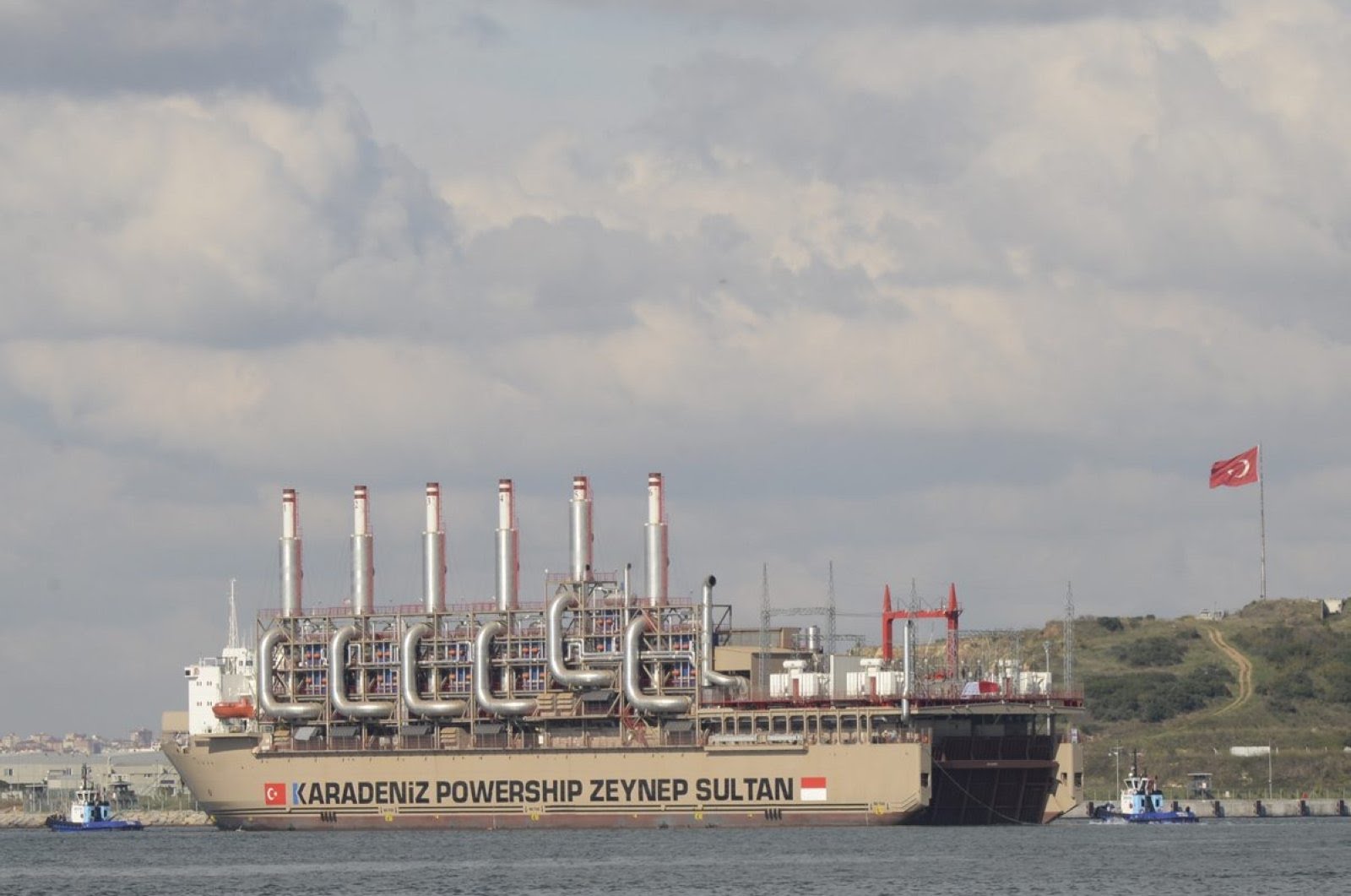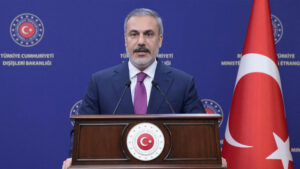Turkish companies are discussing with Libya’s Government of National Accord (GNA), ways of cooperation to meet the urgent need for electricity in the country, sending as a first step a powership to strengthen Libyan infrastructure and the plants in there, Daily Sabah newspaper has reported.
It added that power cuts in Libya and solutions to meet the rising demand of electricity were among the issues discussed during the Turkish delegation’s meetings in Tripoli last Wednesday.
Turkey’s Ministry of Commerce also asked Turkish conglomerate Çalık Holding’s Çalık Enerji, Karadeniz Holding’s Karpowership and Aksa Enerji, to submit project proposals regarding Libya’s electricity problem, Daily Sabah has reported.
Daily Sabah indicated in a report on Friday that the urgent need of Libya is to solve the power cuts that leave the country without electricity for eight to 10 hours a day, saying the issue is now set to be solved with a powership to be sent by Turkish conglomerate Karadeniz Holding, which owns the world’s only powership fleet.
“Aksa Enerji and Çalık Enerji will then work both to establish power plants and provide infrastructure and distribution services.” The report says.
Currently, only 5000 megawatts of power can be used in Libya, which has an installed capacity of 8000 megawatts, in addition to the repairing of the damaged power plants and efforts to make them operational again.
The Libyan Ministry of Electricity plans to add an additional 2000 megawatts of power to the existing installed power with the power plants to be built in the coming period.
Zeynep Harezi, energy trade group chairman of Karadeniz Holding, said they are ready to supply electricity to different regions of Libya in 30 to 60 days with the 1000 megawatts powership, according to Daily Sabah.
Floating power plants, which can meet the energy needs of countries in a short time with turnkey installation, can easily be connected to electricity networks.

NOC rejects UAE company’s offer to sell stake in LERCO
The National Oil Corporation (NOC) has rejected the offer of the Emirati company Trasta regarding the sale of its stake in the company LERCO, which




